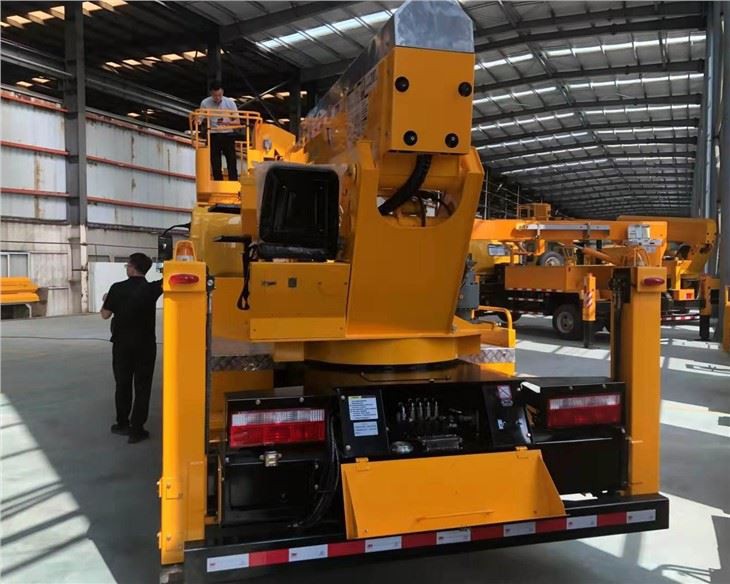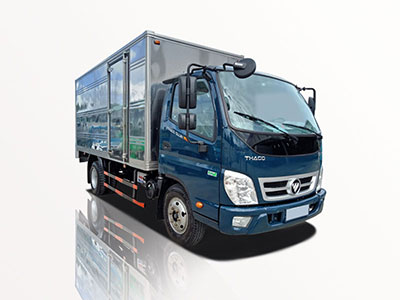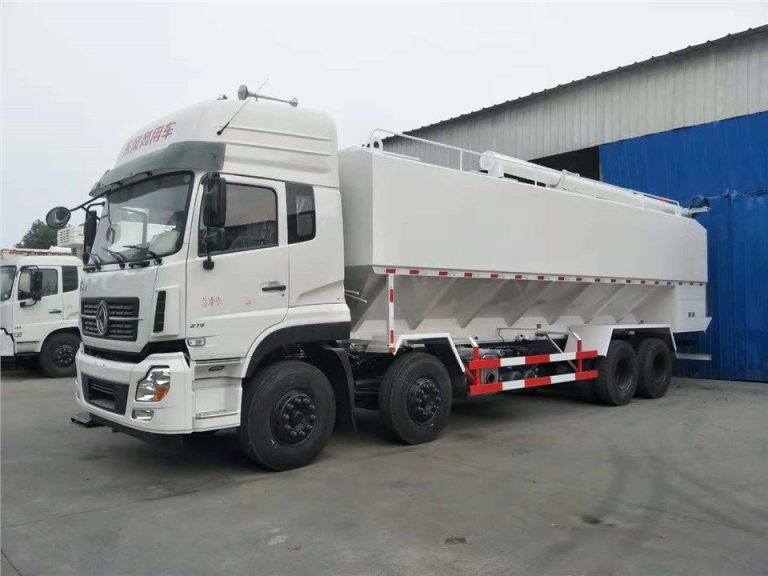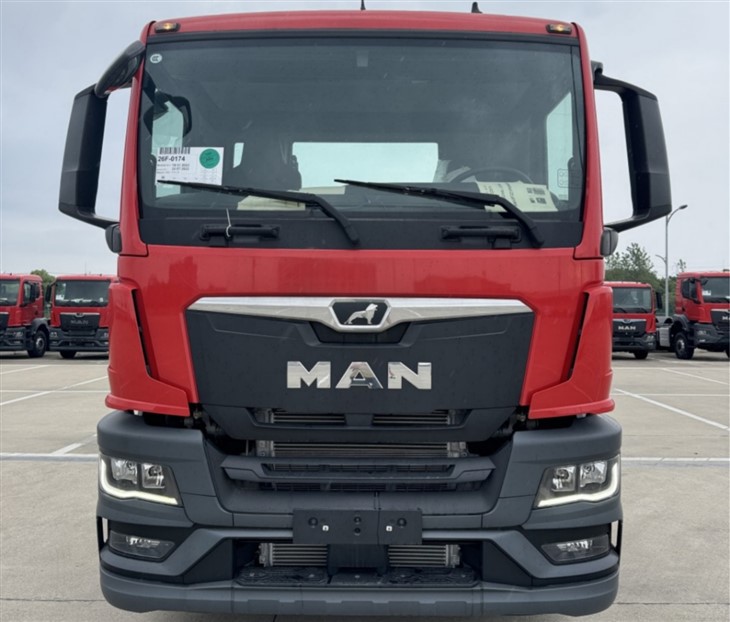As urban areas continue to grow, effective waste management has become a pressing concern. Waste bin trucks are crucial for the efficient collection and disposal of rubbish in both residential and commercial settings. This article dives deep into the world of waste bin trucks, covering their types, features, operations, and the impact they have on waste management systems around the globe.
Understanding Waste Bin Trucks
Waste bin trucks, also known as garbage trucks or refuse collection vehicles, are specialized vehicles designed to collect and transport waste materials. These trucks vary widely in size, capacity, and design, catering to different waste management needs.
Types of Waste Bin Trucks
Waste bin trucks can be classified into several categories based on their design and purpose:
1. Side Loaders
Side loader trucks are equipped with arms that extend out to grab waste bins situated aside the truck. They are particularly efficient for urban routes with closely spaced bins.
2. Rear Loaders
Rear loader trucks require operators to manually load waste into the rear hopper. These trucks often have a higher capacity, making them suitable for large waste collection tasks.
3. Front Loaders
Front loaders are typically used for commercial waste collection. They feature large, mechanical arms that lift and dump bins into the front of the truck.
4. Compactors
Compactor trucks are designed to compress waste during collection, allowing for more efficient transport. This design can significantly reduce the number of trips required to dispose of the waste.
5. Multi-Compartment Trucks
Some trucks are designed with multiple compartments, allowing for separate collection of recyclable and non-recyclable waste. This is ideal for promoting recycling efforts.
Key Features of Waste Bin Trucks
Modern waste bin trucks come with a variety of features that enhance their functionality:
- Automated Collection Systems: Many newer models incorporate automation to reduce manual labor and increase efficiency.
- CCTV Cameras: Sensors and cameras aid the driver in monitoring the surroundings for safety and efficiency.
- GPS Tracking: Enables fleet management systems to optimize routes and monitor truck locations in real-time.
- Environmentally Friendly Engines: Many trucks now use alternative fuels or hybrid engines to reduce emissions.
Operational Efficiency of Waste Bin Trucks
Maximizing the efficiency of waste bin trucks is vital for effective waste collection. Here’s how waste management companies achieve this:
Route Optimization
Using advanced routing software, waste management companies can analyze and optimize collection routes. This not only saves time and fuel but also reduces vehicle wear and tear.
Scheduling and Coordination
Effective scheduling is critical. Companies should coordinate collection times to avoid traffic and minimize disruptions, especially during peak hours.
Regular Maintenance
Regular maintenance checks ensure the truck’s components are functioning properly. Keeping up with routine maintenance can prevent costly repairs and downtime.
Impact on the Environment
Waste bin trucks play a significant role in environmental management. Their impact can be analyzed through various lenses:
Waste Reduction
By efficiently collecting waste, these trucks help minimize the amount of rubbish that ends up in landfills. Many jurisdictions now enforce stricter recycling and composting mandates that these trucks support.
Pollution Control
As mentioned, newer models come equipped with environmentally friendly engines, helping to reduce air pollution. Additionally, regular maintenance ensures that exhaust emissions are kept to a minimum.
Community Health
Effective waste collection reduces the risk of disease outbreaks and unsightliness in communities. Waste bin trucks contribute significantly to public health by ensuring sanitary conditions.
Choosing the Right Waste Bin Truck for Your Needs
Selecting the appropriate waste bin truck depends on various factors:
1. Type of Waste
Different trucks are optimized for specific types of waste. For instance, compactors should be chosen for general refuse, while front loaders are more suitable for commercial applications.
2. Route Geography
Consider the routes where the truck will operate. Urban routes may require smaller, more maneuverable trucks, whereas rural routes may benefit from larger capacity vehicles.
3. Budget
Cost considerations play a crucial role in purchasing decisions. New trucks can be expensive, but the benefits of reliability and efficiency must be weighed against maintenance costs of older models.
Future Trends in Waste Bin Trucks
The future of waste bin trucks lies in innovation and technology:
Smart Waste Management
As cities become smarter, waste collection will integrate more technology, including IoT devices that monitor bin fill levels, enabling demand-driven collection.
Electric and Autonomous Vehicles
With advancements in battery technology, electric waste bin trucks are expected to become more common. Moreover, autonomous waste collection vehicles could revolutionize the industry in the coming years.
Recycling Enhancements
As recycling becomes more critical, waste bin trucks equipped to separate and process recyclable materials will be in higher demand. This will contribute to a circular economy.
Cost of Waste Bin Trucks
Understanding the costs associated with waste bin trucks is essential for businesses and municipalities:
Initial Purchase Price
The purchase price can vary based on size and features. Below is a table summarizing average prices:
| Type of Truck | Average Price (USD) |
|---|---|
| Side Loaders | $200,000 – $300,000 |
| Rear Loaders | $150,000 – $250,000 |
| Front Loaders | $180,000 – $250,000 |
| Compactors | $210,000 – $350,000 |
| Multi-Compartment Trucks | $250,000 – $400,000 |
Operating Costs
In addition to the purchase price, operating costs include fuel, maintenance, insurance, and salaries for operators. These costs can add up significantly over time.
Practical Tips for Waste Bin Truck Drivers
Effective operation of waste bin trucks requires skill and awareness. Here are some practical tips:
1. Familiarize Yourself with Local Regulations
Each city may have specific laws regarding waste collection. Familiarity with these regulations ensures compliance and avoids fines.
2. Practice Safe Driving Techniques
Due to their size, waste bin trucks require special driving techniques, especially when navigating tight spaces and residential neighborhoods.
3. Utilize Technology
Leverage GPS and routing software to streamline routes. Always stay updated with traffic and road conditions to optimize collections.
4. Engage with Community
Good communication with residents can foster a positive relationship, ensuring smooth operations and reporting of issues that may arise.
Frequently Asked Questions
1. What is the average lifespan of a waste bin truck?
The average lifespan of a waste bin truck ranges from 8 to 15 years, depending on the maintenance and usage conditions.
2. How are waste bin trucks powered?
Most waste bin trucks are powered by diesel engines, although many newer models are transitioning to electric and hybrid engines for environmental considerations.
3. Can waste bin trucks handle hazardous materials?
Standard waste bin trucks are not designed for hazardous materials. Specialized trucks exist for transporting hazardous waste to ensure safety and compliance with regulations.
4. How often should waste bin trucks be maintained?
Regular maintenance schedules typically recommend checks every 6 months or after a set number of operating hours, depending on the truck’s usage.
5. What role do technology and automation play in waste collection?
Technology and automation enhance efficiency, improve safety, and lower operational costs by optimizing routes and reducing the need for manual collection.
6. How can communities improve their waste management practices?
Communities can improve waste management through better recycling programs, public education on waste disposal, and technological advancements in collection systems.



